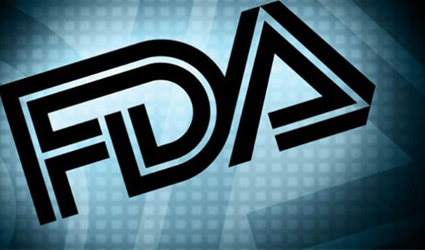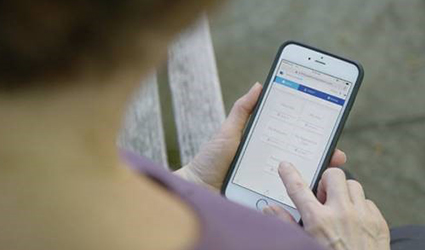It is a very time-consuming task for the doctors to develop radiation therapy plans for patients with tumors. In response to this issue, an engineering research graduate named Aaron Babier from the University of Toronto's Department of Mechanical & Industrial Engineering, including Justin Boutilier, supervisor Professor Timothy Chan and Professor Andrea McNiven of U of T's Faculty of Medicine has developed an automation software that could reduce the time to mere hours.
This software uses artificial intelligence (AI) to mine radiation therapy data. This information is then proceeded for optimization to develop relevant treatment plans.
This AI based therapy achieved better results compared to patients' conventionally planned treatments within 20 minutes. The research team recently published these findings in Medical Physics.
Aaron Babier said, "There have been other AI optimization engines that have been developed. The idea behind ours is that it more closely mimics the current clinical best practice; Right now treatment planners have this big time sink. If we can intelligently burn this time sink, they'll be able to focus on other aspects of treatment. The idea of having automation and streamlining jobs will help make health-care costs more efficient. I think it'll really help to ensure high-quality care."
Babier believes that with further commercialization, the physicians might someday use this tool in clinics.
The post AI Based Software to Develop Radiation Therapy Plans appeared first on Drugdu.com
from Drugdu https://goo.gl/QgQoHk










